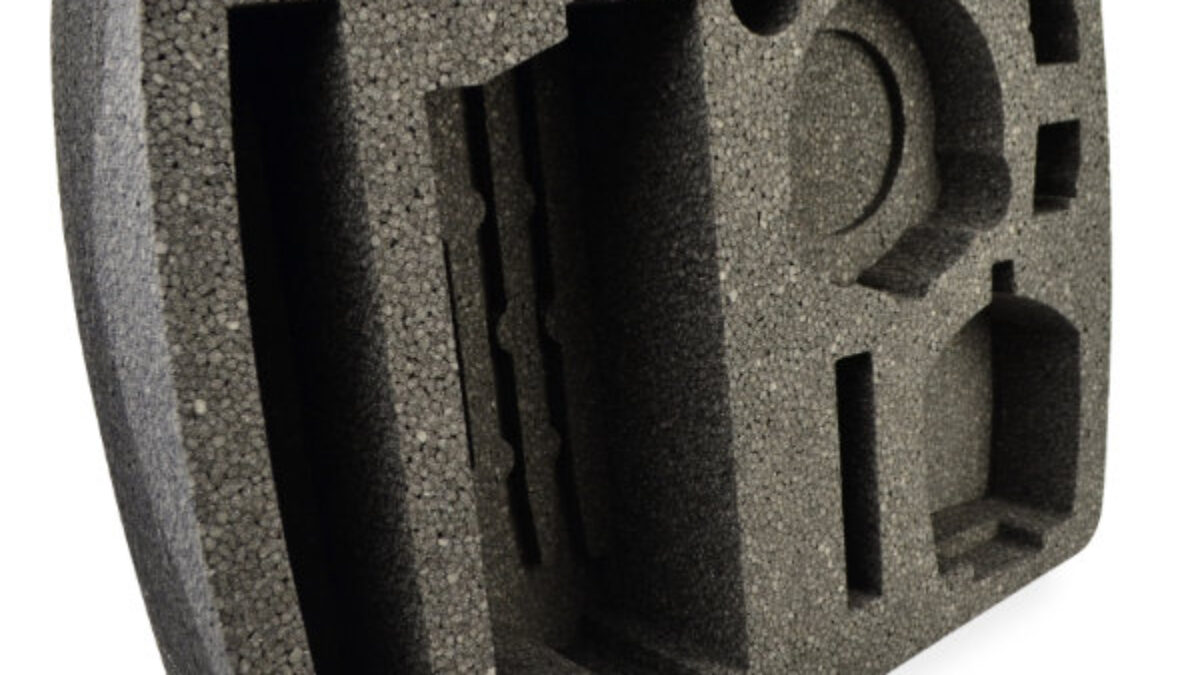Foam standards not only ensure the safety and efficacy of products; they also confirm a company’s commitment to operational excellence. In short, they let your customers know that the products they are getting will be made from quality materials. That’s why it’s important to understand the standards governing foam quality. This will allow you to better navigate the regulatory environment and ensure your business is compliant and get the best parts and shipping materials possible.
What are some of the common foam standards?
Military Performance Specifications for Foam
The military has long set the bar for durability and performance in materials, including foam. Military specifications—or MIL-SPECs—outline stringent criteria that foam products must meet to be considered suitable for military use. These specifications cover a range of characteristics, from density and compressive strength to environmental resistance (including factors like temperature, humidity, and exposure to chemicals). Adherence to MIL-SPECs signifies a foam’s capability to withstand extreme conditions, making it a trusted choice not only for military applications but also for commercial products requiring high durability. The primary guideline for Military packaging materials is MIL STD CID A-A-59136 – please see the link below for a single page breakdown of this standard.
Want to learn more? Read Amcon’s guide here: Military Packaging Application Guide.
The ASTM D3574 Standard for Foam Physical Properties
The American Society for Testing and Materials (ASTM) D3574 standard is a comprehensive benchmark that specifies the testing procedures for evaluating the physical properties of flexible cellular materials—specifically polyurethane foam. This standard covers tests for assessing foam characteristics such as tensile strength, elongation, tear resistance, compression, and resilience. Compliance with ASTM D3574 is essential for manufacturers aiming to deliver products of consistent quality and performance, particularly in industries like automotive, bedding, and furniture where foam plays a critical role in comfort and safety.
Fire Retardancy and the ASTM E84 Standard
Fire safety is important in materials used in construction, transportation, and consumer products. The ASTM E84 standard, also known as the Standard Test Method for Surface Burning Characteristics of Building Materials, evaluates a material’s flame spread and smoke developed index. For foam products, meeting the ASTM E84 criteria means they are less likely to contribute to the spread of fire and produce minimal smoke—key considerations in building and product safety codes. Compliance with this standard is critical for foams used in insulation, seating, and various construction applications.
FDA: Ensuring the Safety of Polystyrene Foodservice Packaging
For foam products intended for foodservice applications—such packaging materials for food—the U.S. Food and Drug Administration (FDA) sets specific guidelines to ensure safety. The FDA’s regulations focus on the composition of polystyrene foam, verifying that it does not leach harmful substances into food or beverages under normal use conditions. Compliance with FDA standards is vital for manufacturers of foam foodservice products, affirming their commitment to consumer health and safety.
The Importance of Compliance for Businesses
For businesses involved in the production, procurement, or use of foam products, understanding these industry standards is not just about regulatory compliance—it’s about quality assurance, performance reliability, and consumer safety. Compliance with standards like MIL-SPEC, ASTM D3574, ASTM E84, and FDA regulations serves as a benchmark for excellence and trustworthiness in the marketplace. It demonstrates a company’s dedication to delivering products that meet the highest standards of safety, performance, and environmental responsibility.
Navigate Compliance with Amcon
Navigating the complexities of foam quality and compliance standards may seem daunting, but it is a critical component of ensuring the success and sustainability of foam-based products. At Amcon Foam, we help our customers choose foam materials that meet the demands of their industry. We can help you fabricate foam products that meet the demanding challenges in your industry.


